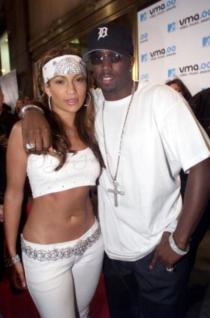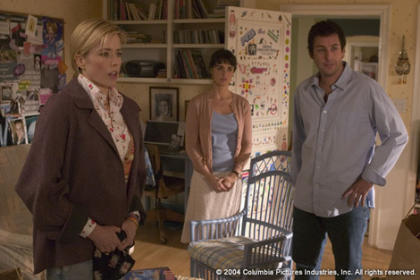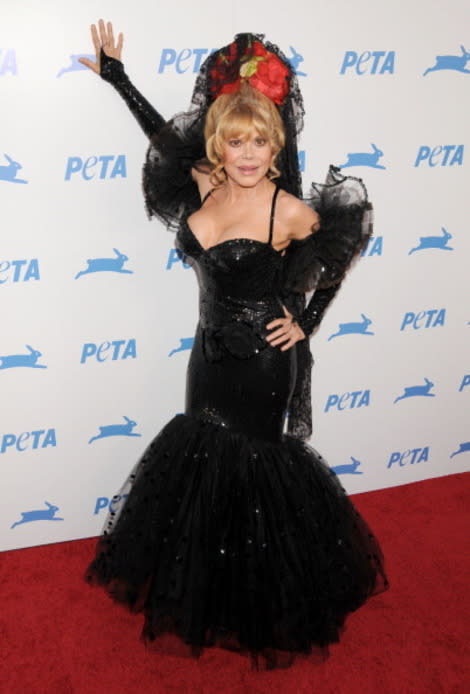Sexy, Loud and "sufrida": Putting an End to Latina Stereotypes
Do people still look at a Hispanic woman and immediately identify her with a stereotype? We explore the typical labels often placed on Latinas and see if they ring true or not.
She walks into a conference room and identifies herself as Dagmar Rosa (with a hint of a Spanish accent) to the group of professionals gathered. She's an attractive woman of dark features, wearing a white blouse and black pants. She puts her purse on the table and sits down. Who is she? If you thought that she could either be a new member of the housekeeping staff or the sexy, newly-hired office worker all the men will want to date, you may have stepped into a couple of old ethnic pigeonholes, better known in this case as Latina stereotypes.
Stereotypes based on cultural backgrounds are abundant in American society; they're the stuff late show comedians and your everyday Joe joke about. In the case of Latinas, though, their struggle has been twofold: Hispanic women have been faced with preconceived generalities about Latinos as well as preconceived ideas about women. These, of course, placed Latinas in the unenviable position of having to constantly prove their individual personalities, talents and accomplishments in the workplace and in society.
VIDEO: Dania Ramirez doesn't mind playing the sexy Latina in Hollywood
Today, women like Dagmar Rosa (a VP at Novartis Pharmaceuticals) have proven that Latinas can stand on their own laurels and express individuality; they can be who they really and maintain ties to their culture.
Portraits of preconceptions
So what are some of those stereotypical images that have followed Latin women? We take a look at some of the most common ones.

The Sexy Mamacita: She's the one with the voluptuous curves, big jewelry and heavy makeup. She's kittenish about her sexuality- more "I just got here" than "I'm gonna getcha!" J.Lo. embodied this stereotype during her "Jenny From the Block" era.
The Mother Mary: She's the victim and the nurturer, always cooking and serving others. She doesn't ask: she begs, but she doesn't ever need anything. She's overprotective of her children, but neglectful with her husband (who may be cheating on her with The Sexy Mamacita). This is actually the way married women saw their role in generations past, but this "virginal wife" stereotype is still making its rounds in telenovelas everywhere.
The Maid: The one job Latinas can get paid for, since they usually don't have the education to do anything else…right? She's constantly cleaning and picking up after everyone without complaining because that's "her job." This is the one movie role many Latina actresses have had to take to make it in Hollywood, unfortunately perpetuating the stereotype.

The Big Mouth: She loves, fights and dresses loud. She can also sing and dance (usually some sort of flamenco steps on a table), and you can hear her laughter from miles away. She reminds you of old Charo, an entertainer who during her career milked this stereotype all the way to the bank.
How much of this is true?
Foreign cultures are usually introduced to another country by way of their arts and cuisines. In the case of the US, Hispanic culture meant vibrant, fast-paced music and very spicy food. It seems that somehow, somewhere, this cultural concept got transferred to the people, especially to women.
What to do, what to do?

Latinas: While you may have to accept the fact that stereotypes precede you, don't fall into the trap of conforming to them. Feel free to show who you really are and move forward sin mirar a quien (don't mind what the Jones's say).
Non-latinos: Don't want to be pre-judged? Don't pre-judge others.
Have you fought a stereotype? How did you handle the situation? Share your experiences here.
For content that speaks to you, visit Shine Latina.
